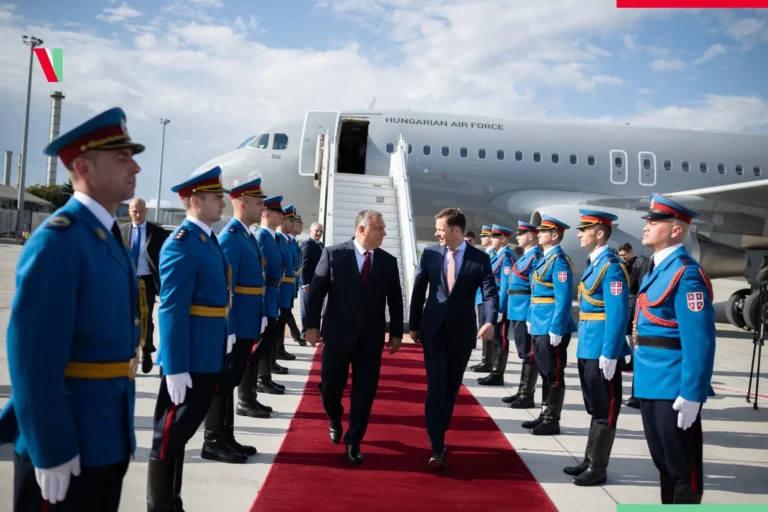Sweden
Wizz Air pilots died in a horrific crash, here is their last conversation

VIDEO: A plane crashed in Sweden, Hungarian passengers did not survive the tragedy

The United States blocks the sale of arms to Hungary

PHOTOS: EU Heads of Missions visited Pápa military airport

President of Hungary: Sweden makes unacceptable statements about Hungary

There is a chance that Hungary will not let Sweden to the NATO

Valid worries? Sweden fears Hungary will keep it out of NATO

BREAKING: Hungary’s Parliament ratifies Finland’s NATO bid – UPDATE

Explanation: Here is why Hungary blocks Sweden’s NATO accession
The political director of the Hungarian prime minister, Balázs Orbán, explained on Twitter on Thursday evening why Hungary is reluctant...
Swedish PM: Orbán should explain why our NATO membership is not approved

After Türkiye’s step the Nordic expansion of the NATO could depend on Hungary

Hungary will veto Sweden’s NATO bid with Türkiye?

Unclear when and whether Hungary will support Sweden’s NATO bid

Hungarian government official: Hungary helps victims of the war

Defence minister in Sweden and Finland: Hungary deserves more respect!

Swedish newspaper: PM Orbán acts like a gangster

Message from Brussels: Orbán should be deprived of his voting rights

Hungarian President: Now Sweden and Finland joining NATO is justified
Sweden and Finland joining NATO is "justified" in the current situation, President Katalin Novák said on Wednesday. "My position is...




 ZH
ZH IT
IT DE
DE HR
HR NL
NL FR
FR JA
JA RO
RO RU
RU ES
ES TR
TR
